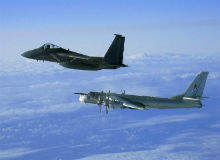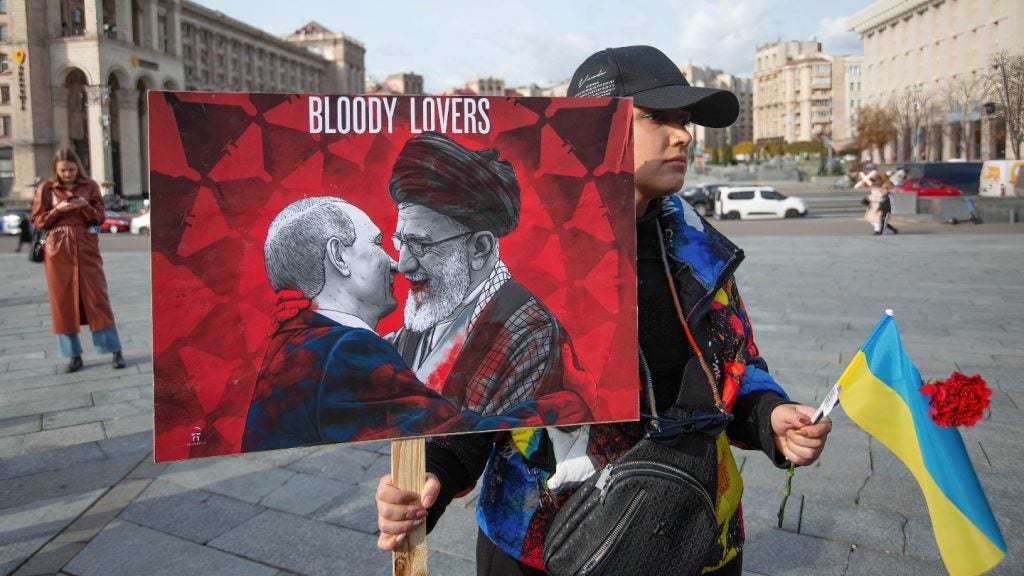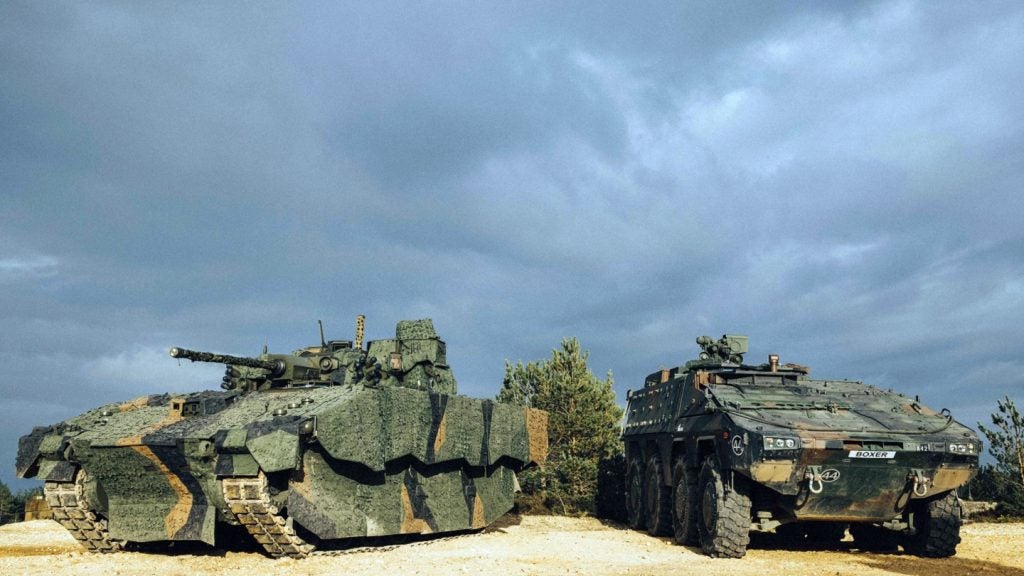

They say that a week is a long time in politics; if so, then a quarter of a century must represent an eternity. Twenty-five years on from when the Treaty on Conventional Armed Forces in Europe (CFE) was first signed, the world now really is a very different place, and the treaty itself increasingly looks like the relic of a bygone age.
Born amid the mutual mistrust and geo-political posturing at the height of the Cold War, and concluded in the final years of the Soviet Union, CFE set comprehensive limits on conventional weaponry and equipment, establishing a balance between rival military blocs which has broadly remained intact until now. However, with Russia’s announcement in March that it has withdrawn from the treaty altogether – the latest in a series of avenues of dialogue that Moscow has systematically closed off – all that has changed.
Cornerstone of security
The CFE had been seen as one of the main cornerstones of European security in the post-Cold War era, even if its course has not always run smoothly. From Moscow’s perspective, NATO’s expansion into Russia’s sphere of influence has been a particular bone of contention, despite modifications made in 1996 as part of the ‘flank agreement’ which relaxed the rules for Russia and Ukraine, or the agreed, but not ratified, adapted treaty version of 1999.
To the West, however, Russia’s apparent heel-dragging over troop withdrawals from former Soviet territories was a problem, and ultimately led NATO members to refuse to ratify the adapted version unless Moscow withdrew its forces from Georgia and Moldova.
See Also:
Aggrieved, and viewing the West’s ultimatum as "invented and illegitimate", when US plans emerged to build missile defences in Poland in 2007, Russia finally announced its suspension of the CFE. Delegates continued to attend meetings of the Treaty’s Joint Consultative Group, but with March’s announcement from the Foreign Ministry that "Russia is ending its actions in the Treaty on Conventional Armed Forces in Europe, announced in 2007, completely", that too has come to an end.
How well do you really know your competitors?
Access the most comprehensive Company Profiles on the market, powered by GlobalData. Save hours of research. Gain competitive edge.

Thank you!
Your download email will arrive shortly
Not ready to buy yet? Download a free sample
We are confident about the unique quality of our Company Profiles. However, we want you to make the most beneficial decision for your business, so we offer a free sample that you can download by submitting the below form
By GlobalDataIt’s not about arms control
According to Dr Igor Sutyagin, senior research fellow for Russian Studies at the Royal United Services Institute in London, it is not really about arms control at all.
From Crimea to the Senkaku / Diaoyu Islands, army-technology.com lists the world’s ten most disputed borders.
"The whole business now is about re-drawing the rules of the game; the re-establishment of the [Russian] sphere of influence is the political goal," he says. "Regarding the CFE and the withdrawal from that, it is [a] mainly political and psychological measure. It is not about arms control per se."
Sutyagin explains that, after having been largely cold-shouldered and subjected to lengthy periods of silence by the West, and especially the US, Vladimir Putin’s strategy is now to throw up obstacles to force the other nations into dialogue, and so reassert Russia’s influence and importance. The message, he says, is "talk to me" – and it comes on three levels.
Firstly, President Putin says, talk to me or I will continue to make trouble for you; secondly, the door to negotiation is not closed, but you need to talk to me if you want to achieve a positive outcome; thirdly, talk to me about your desire for arms control, so I can use it to secure my own ambitions.
"It is about the preservation of power, of influence in Europe, and influence in Europe is very important for the Kremlin to preserve power domestically," Sutyagin says.
Nevertheless, while quitting the treaty may well simply be a tool used to attract attention back to Russia, inevitably it also throws NATO off balance, even if that was not the primary objective – not to mention the other former Soviet republics with territory west of the Urals. With Russia having walked away from the table, will the remaining parties to the treaty continue to adhere to it?
Fundamentally obsolete
"It is impossible to play along with this treaty, because it is fundamentally obsolete," says Sutyagin, who was himself involved in the preparation of the CFE back in 1988 to 1989.
He points out that it is now a flawed instrument, since the need to balance two opposing military blocs which brought it into being, no longer exists, and though it might be possible to make adjustments to try to revive it, essentially it remains something from "the other age".
However, with the numbers in uniform having declined in every Western nation since 2011, and Russian forces having grown by 25% over the same period, while the frequency of ‘close approaches’ along NATO coastlines and airspace has significantly increased, some fear that age could be coming back.
A new Cold War?
In recent times, both former Soviet leader Mikhail Gorbachev and Anders Fogh Rasmussen, ex-Secretary General of NATO, have alluded to a new Cold War, but Sutyagin suggests that the description is not an accurate one. He says that the Cold War was based on a fundamental ideological confrontation, between two opposing systems each of which had its own ideology and attractions, whereas the situation today is more akin to what was going on in nineteenth century Europe.
"What we have now is competition between two different camps of capitalist countries. That is not Cold War – it is conflict, yes, but it is not Cold War."
That is, of course, reassuring, but one fundamental question still remains: Where does that leave the future of arms control in Europe?
Keep on talking
It is simply not a priority for the Kremlin; Moscow understands well that the West is not going to attack, so there is little interest in negotiating a revamped agreement for its own sake. There is, however, a bigger prize at stake – preserving Russia’s standing on the global stage – and the West’s desire to get concessions from Russia allows the Kremlin to dictate the rules of the game.
Plans to provide a worldwide internet access via drones or space based satellites is a noble goal, but it could have major military implications.
That door has already been purposely held open. In an interview with the Interfax news agency the day after the announced withdrawal from the treaty, Mikhail Ulyanov, the Russian Foreign Ministry’s head of arms control, said that Russia would be willing "to consider the possibility and conduct relevant talks about a new agreement which would meet new realities."
As Sutyagin explains, new discussions are likely – the message is still ‘talk to me’ – but they could be intentionally protracted. "The longer you keep the negotiating going, the longer you are sitting at the High Table, and that is precisely the goal – not arms control, not limitation of conventional forces."
It seems the old Russian proverb could yet be right; the future belongs to those who know how to wait.


.gif)




